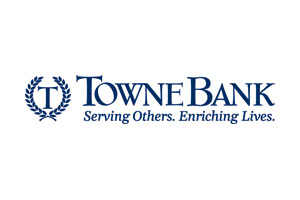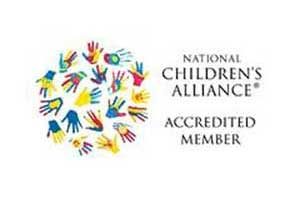It’s the toughest job on earth…a job that none of us is born knowing how to do. Our children don’t come complete with how-to manuals. In an effort to make some of the parenting issues less stressful, we have put together some ideas from various sources, such as Prevent Child Abuse NC (see links), Prevent Child Abuse America, Parent Soup, and the FBI’s publication, A Parent’s Guide to the Internet. This page also deals with choices and chores, some of the most important concepts to get across in raising self-reliant, self-disciplined children.
Choices
Giving children choices is one of the best ways of letting them build a feeling of having power in their lives. Whether your child is a toddler or a teenager, this is something that can be used as an empowering tool…one that will be vital in his ability to take responsibility in a positive way as s/he grows into adulthood. This is perhaps the most IMPORTANT, EARLY HABIT you can establish as a parent. Practice it every single day, as many times as possible. The results will pay off in the future as the child learns self-discipline and good decision-making skills. The value of these two skills cannot be overstated. Small choices in toddlerhood (like between milk and juice) will lead to bigger choices (do you want a jacket or a t-shirt and a pair of jeans) to much more important decisions later (beer or soda, study or fail).
Remember to give choices that will be okay with you regardless of which option the child chooses! Do not offer “either eat dinner or go out of the room” and then tell your child to get back in the room when he chooses to get up from the table!
How many choices for what age?
- Toddlers can handle being given a choice between two things (example: do you want to wear your dinosaur pajamas or your fish pajamas tonight?)
- Grade-school children can handle deciding between three or four options
- Teenagers can be given guidelines and make their decisions within them (by the time your child is a teenager, if they have been given the power and responsibility of choice in this way from toddlerhood, they are likely to make responsible choices, knowing they are in their own best interest. This is in contrast to children who are just told what to do throughout childhood and “bolt” with the freedom of the teen years).
Note: If your child refuses to choose between the two choices (for example between brushing teeth or taking a bath first) and says he wants to watch a movie, just calmly say it wasn’t one of the choices. Give him another chance by saying he can choose now or you will make the choice. If he still refuses, tell him he has obviously chosen and lead the way or carry the child to the bathroom to brush his teeth or take his bath (whichever YOU have chosen).
Chores
As a parent, one of the most important jobs is to raise children who will be self-reliant adults. An important key to teaching self-reliance begins with what may seem to be a constant challenge at first: chores! When begun early, however, children love to model their parents and do the jobs that “big people” do in the household.
Instead of taking the easy way out and doing everything in the quickest way by doing it yourself, give your child age-appropriate chores that he or she can accomplish alone. This will help your child develop confidence in her abilities and teach responsibility as a member of the family. You can incorporate choice into this as well, giving the child a choice between two chores.
There are some basic things that make getting through the “Chore Challenge” much easier
Make a Plan: KIDS NEED ROUTINE. Though it sometimes seems easier to just let the plan go for a day or two and give in, it is well worth sticking to the plan that you have made (with your children when they are older). The more the routines are developed and followed consistently, the less trouble you will have.
Train: Show your child how you do the job, talking through each step while you do it and your child watches. Then do the job with your child. Next, let your child do the job while you watch and coach. This helps to ensure that both of you have a clear understanding of what the expectations are. Finally, the child is ready to take on the chore alone.
Follow through: Stick to your plan. Remember, kids do best with routine and will learn quickly that you don’t let their excuses or other attempts to avoid chores get in the way.
Following are some appropriate chores for children of various ages:
Ages 2-3
- Put away toys
- Help set the table
Ages 4-5
- Get the mail
- Help with yard work
- Feed the pets
Ages 6-7
- Clear the table after meals
- Pour their own drinks and get snacks
- Empty trashcans
Ages 8-9
- Sweep or mop the floor
- Load and run the dishwasher
- Run and take their own bath
Ages 10-11
- Help prepare dinner
- Mow the lawn
- Clean the kitchen
Ages 12-14
- Grocery shop (using a small list)
- Prepare a dinner meal
- Clean bathrooms

















